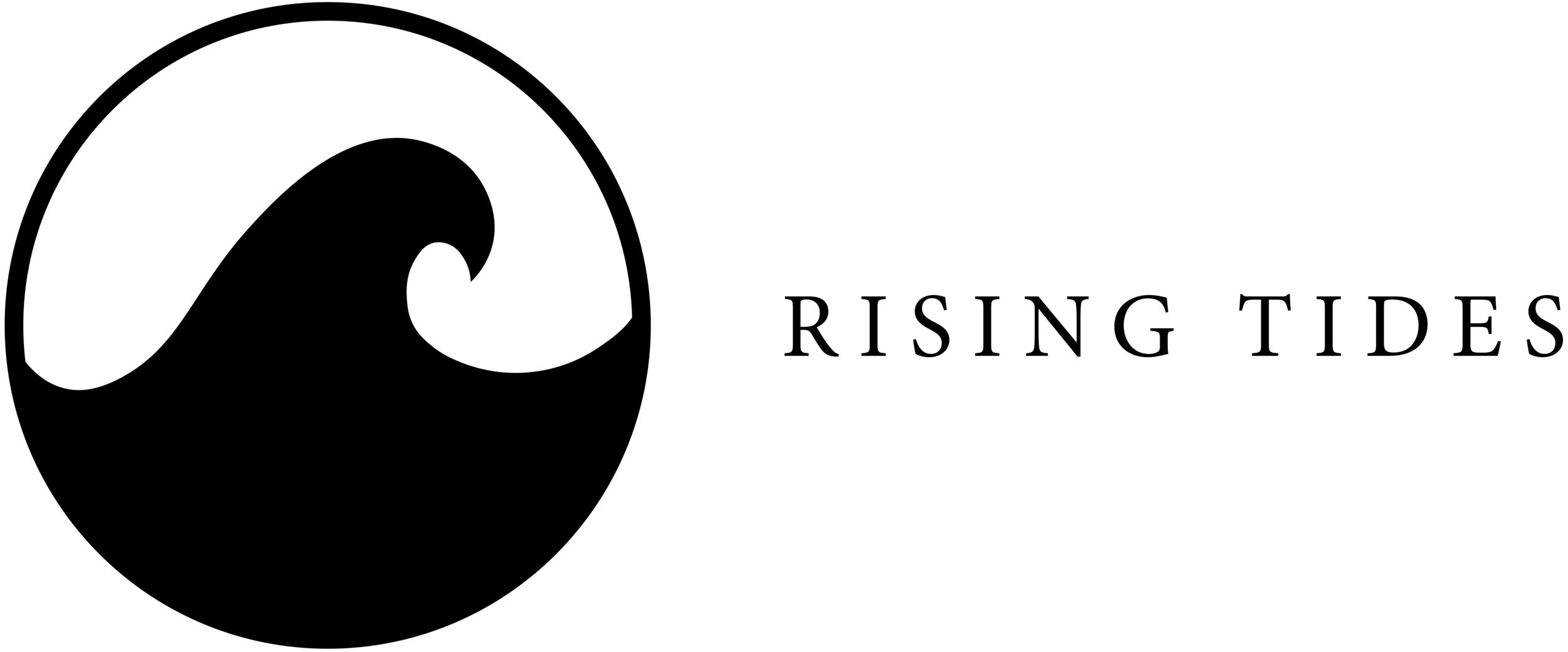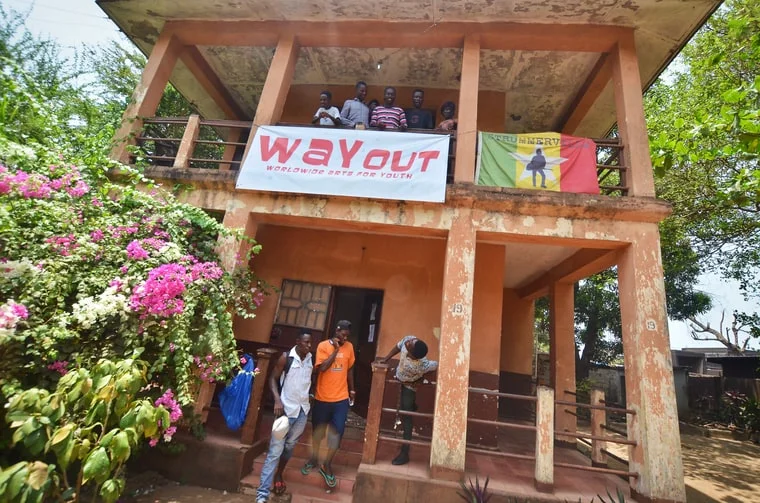Even the best of us get caught up in a traditional mindset that doesn’t serve our students well. It’s easier to point the finger at the “broken system” or at the child that “doesn’t care and is ruining my class” or the idea that “it worked for me when I was younger so it should be good enough for them.” After a challenging day in the classroom, I’ve had to ask myself the hard question: “Can I work smarter, not harder, and make a few adjustments that will create a better learning environment in this classroom?”
If you don’t see a place to comment, click on the title of this blog post.
You may use the questions above as inspiration or come up with one(s) that are totally original:
What questions about teaching and learning are you currently exploring or seeking to explore through this conference?
How do I implement project-based learning into my units that offer opportunities for my learners to practice critical thinking, communication, collaboration, creativity and problem-solving? - Jeremiah
I am currently teaching economics to 11th and 12th graders at a private school in San Francisco. To be honest, it’s a dream job and comes with all the resources I need. This gives me the privilege to think big and ask a lot from my learners.
First, the exams they take are open-note and completed in teams of 3. This encourages them to be diligent in their note-taking during the unit and they are motivated by their peers to show up on exam day and solve problems together. It also removes much of the stress associated with learning and test-taking. I am inspired by the way they dive into this process: listening to each other, attempting to understand different viewpoints, and ultimately giving their test answers through collaboration.
For each unit we study in economics, the content portion is always followed by a project opportunity where learners can apply their new understandings, and this typically ends in a group presentation in front of the class so they can practice these important communication skills. One example: to apply the concept of cost-benefit analysis, they were assigned to play the role of a major stakeholder trying to decide whether the $80 billion Grand Inga Dam project should be constructed in the Democratic Republic of Congo, which could potentially create 45 GW of power but also would have a long list of problematic effects. Playing roles such as the World Bank, the Chinese construction company, an environmental NGO, the national assembly of the DRC, and the South African government (who wanted to purchase the power), they used the internet and sources I compiled for them to craft a list of pros and cons and then argue their points of view in front of the class using a slideshow presentation. This is followed the next day by a symposium discussion where they sit in a circle and deliberate. The project ends with the learners writing an argumentative paragraph on whether this dam is a good idea or not.
In this project, students are researching, collaborating, thinking critically, creating a slideshow, role-playing, and communicating throughout the project’s various steps.
To access the comment options, click on the title of this blog post.
I’m curious if you have experience with project-based learning or what questions you might have about the possibility of putting the learners at the center of the educational process. Also, what obstacles exist in your context regarding time or resources?
Photo Credit: mbeki.org
In 1955, The South African Congress Alliance issued a statement called the Freedom Charter. It was the result of collecting “freedom demands” from the people and combining them into one document. It starts with “We the people of South Africa…” It’s most famous phrase is “The people shall govern!” It is an passionate testament to the the collective cry for equality. Here is an excerpt of the section related to education, an ideal that is desperately worth pursuing and achieving.
"...The aim of education shall be to teach the youth to love their people and their culture, to honour human brotherhood, liberty and peace; Education shall be free, compulsory, universal and equal for all children; Higher education and technical training shall be opened to all by means of state allowances and scholarships awarded on the basis of merit; Adult illiteracy shall be ended by a mass state education plan....".
Abraham Maslow’s famous “Hierarchy of Needs” model can help us both contextualize the role of education and understand how a formal education can be undermined by more foundational needs not being sufficiently met. Children across the world go to school without breakfast, don’t feel safe in the classroom, and are not having their needs for love and belonging satisfied… How can they be expected to learn when they are hungry, afraid, and disconnected?
Here, Rolling Stone reveals one way former child soldiers in Freetown are finding a creative way of leaving their past behind them. "If I can make it as a musician, no one will try to tell me who I am anymore...Music allows me to define myself, and they have to listen. Way Out gave me music, and music saved my life."
Finland started reforming their schools 40 years ago, and the results are staggering. Their model is highly socialized yet student-centered, with less homework, and consequently, less stress.
“There are no mandated standardized tests in Finland, apart from one exam at the end of students’ senior year in high school. There are no rankings, no comparisons or competition between students, schools or regions. Finland’s schools are publicly funded. The people in the government agencies running them, from national officials to local authorities, are educators, not business people, military leaders or career politicians. Every school has the same national goals and draws from the same pool of university-trained educators. The result is that a Finnish child has a good shot at getting the same quality education no matter whether he or she lives in a rural village or a university town. The differences between weakest and strongest students are the smallest in the world...Children spend far more time playing outside, even in the depths of winter. Homework is minimal. Compulsory schooling does not begin until age 7…” continue reading and learn more here.
South Korean produces some of the best educational test results in the world, but at what price? Students often attend school from 13 hours a day and only sleep 5-6 hours a night. Student anxiety, depression, and even suicide are too often side effects. How do we view our own education system and the “race to the top” by looking at one of the world leaders in student achievement, South Korea? Learn more here.
This book written by Urvashi Sahni is a terrific read on girls education in India, but with global implications and lessons for all of us. The scholarship on economic development is now pointing to girls education as the primary agent for improvement. Simply, women learn and teach their children.
“The book focuses on how gender equality can be achieved in a patriarchal society through education. It shows how girls learn to be equal and autonomous persons in school as part of their official curriculum and how they use this learning to transform their lives and those of their families. The book’s central argument is that education can be truly transformative if it addresses the everyday reality of girls’ lives and responds to their special needs and challenges with respect and care.
Although Reaching for the Sky describes just one relatively small school in one corner of India, the book’s message and the stories it tells will interest anyone concerned about the necessity of girls’ education, especially in developing countries. The lives of the girls at Prerna Girls School are largely representative of those of millions of girls living in poor contexts in countries where patriarchal structures and norms prevail.”
This is an interesting read about the qualities of good leadership; I am most interested in pedagogy that supports these qualities. There are specific strategies that we can utilize to enhance the Emotional Intelligence (or EQ) of our students. Research shows that his is often the “x factor” of responsive leadership and the glue of organizations.
On February 22, 2018, Jonathan Jansen wrote an open letter of advice to South Africa’s new president, Cyril Ramaphosa. Jansen encouraged the President to get real about education and not hide behind misleading facts. He also had some advice on how to best structure basic, secondary, and University education. Read Jonathan's letter here.
The Rising Tides team would love to hear from you.
Tell us about your education experience to be featured on our social media sites.
1. Who was your favorite teacher and why?
2. What do you think is the purpose of education?
3. What could have made your formal education better?
4. How do you educate yourself every day?























